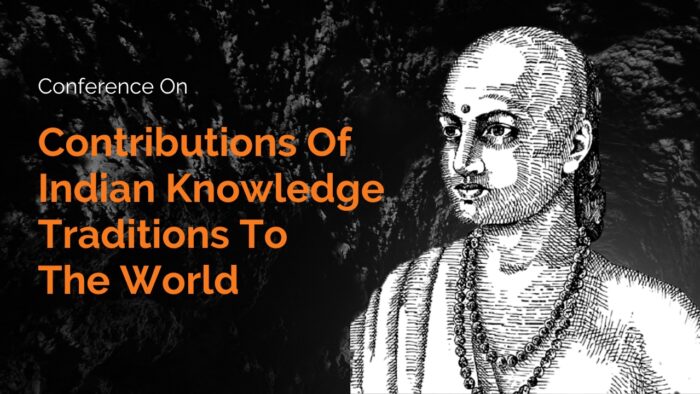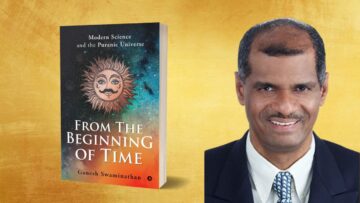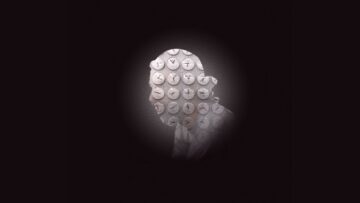On June 25, 2023, INDICA organised Contribution of Indian Knowledge Traditions to the World, an online symposium between IST 0745 hrs and 1330 hrs featuring seven invited speakers. (see: https://indica.events/event/contribution-of-indian-knowledge-traditions-to-the-world/ for the concept note, about the speakers and more).
Padma-award recipient, Regents Professor of Computer Science Department at Oklahoma State University in Stillwater, Dr. Subhash Kak, first amongst the invited speakers, spoke on Indian Foundations Of Modern Science
In about 45 minutes, Dr. Kak foregrounded key points from the chapter A Very Brief History of Indian Science (pp. 279-296) from his then just-released book The Idea of India: Bhārat as a Civilization (2023). Commencing with Maharṣi Pāṇini and covering some parts of the aforementioned book chapter (which contains the following: Physical Structures, Astronomy, Evolution of Life, Geometry and Mathematics, Grammar, Medicine, Mind and Consciousness, Scientific Speculations and More, Bhoja Paramāra), Dr. Kak, towards the end of his talk, spoke about Consciousness being the next major frontier globally for science and the relevance of Indian Vedānta in that context.
Dr. Kak was followed by Professor Dr. CK Raju who spoke on How and Why Europeans Stole Calculus from India in the 16th century
In presenting his case for how and why he felt Europeans stole Calculus from India in the 16th century, Dr. Raju also asserted that Calculus originated with Āryabhaṭa.
For a text-version of some points of his talk, one may refer to his article: t.ly/YNlMM.
After Dr. Raju, Dr. Raj Vedam, Visiting Faculty, Hindu University of America, spoke on The Transmission Of Indic Knowledge Systems To The West. Covering a wide range of topics across a very large span of time (from 3000 BCE to current times), Dr. Vedam concluded by stating that “India has always been a source of knowledge but it is a footnote in Western accounts on contributions to knowledge systems and sciences and so on.” Listen to his talk here:
Renowned Indian Sanskritist, Linguist and an expert of several facets of the gargantuan Indian Knowledge System, the Aṣṭādaśavidyā, Mahāmahopadhyaya Dr. Korada Subrahmanyam spoke on The Indian Theories And Western Hypotheses Of Language. Dr. Subrahmanyam presented several pioneering comparative insights that featured first in his book Theories of Language: Oriental and Occidental (2008). Dive right into his talk here:
Dr. Subrahmanyam was followed by scholar-couple Drs. Padmini & Singanapalli Balaram, who spoke on the Demand And Influence Of The Indian Textiles On The World and The Influence Of Indian Traditions On Great World Designers. Access their talks Below
and
From East To West: The Journey Of Transcendental Meditation was the topic of Dr. Bindu J. Vyas. To quote from Dr. Vyas’ own words vis-a-vis her summary about Transcendental Meditation’s westward journey: “TM’s westward journey can be summarized as moving from discovery to adaptation to appropriation/digestion.” Listen to Dr. Vyas here:
Dr. Nagaraj Paturi, Dean IKS, Senior Director and Chief Curator at INDICA, rounded off the symposium with his views on Methodological Issues In Knowledge Travel Studies: Future Scope For IKS Studies. Amongst other things, he stressed on the need to first establish what he called “comparative knowledge studies”, then identifying the “suspects” of knowledge that may have travelled from one part to the other before applying different methods to ascertain and establish the existence of flow of knowledge and the direction of it. Listen to Dr. Paturi’s views here:







